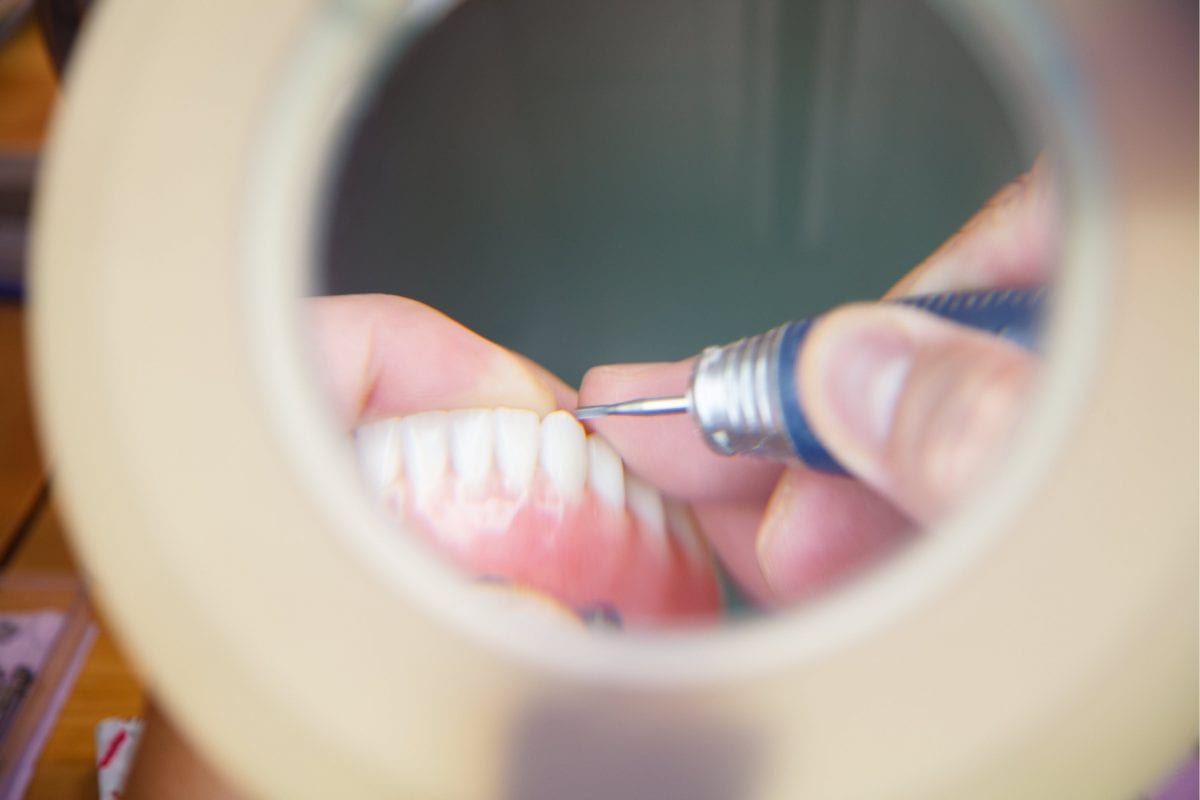Dental implants are increasingly being opted for the replacement of missing teeth as opposed to removable dentures. This is mainly because they come with plenty of benefits which include convenience, durability, improved appearance and the fact that they are also permanent. It is, however, important to note that not all the prosthodontics procedures turn out well. This occurs as a result of working with specialists that are not well versed in their field. Therefore, if you are looking at getting dental implants the following are the things that you need to consider.
1. Level of training of the practitioner
As much as an individual may be a doctor, it is essential that they have extra training that is inclined to prosthodontics. They need to undergo this kind of training before they get licensed. What this tells you is a practitioner that is able to provide you with his certifications should be a plus. It is evidence that the surgeon actually received training in the area. As such, you can expect the procedure to be a success.
2. The number of implants a specialist has placed
This will go ahead to give you more information on the experience of the surgeon. The more implants he has done, the better. Experience always wins. If he has been doing it regularly, it means that the specialist has a knack of placing dental impacts and will be more likely to do a good job.
3. How many of the implants were successful
The catch is, the surgeon might have done several implants, but some might have turned out unsuccessful. It is therefore essential that you also find out how many of the procedures that the doctor had been in charge of, turned out successful. A high success rate assures you that your procedure will turn out okay too.
4. Whether or not you are a candidate for a dental implant
Not everyone can have a dental implant. It is therefore vital that you first go for a consultation so that your doctor checks if your jaw is fit for an implant and, the kind of an implant that it will support. Yes, sometimes one may not qualify for an implant due to such factors and medical history.
5. Duration of the procedure
You need to know how long the procedure will last so that you make the necessary preparations. This may include the amount of time you should take off work and make plans regarding how you will delegate your duties. The procedure, however, lasts for roughly an hour.
Your oral health is detrimental. Therefore, you should ensure that you get the best of the best to work on your dental health. Also, it is important that you carry out little research on the same so that you may be able to identify the pros and cons of going through the procedure. Also, it is the best way to know the type of implants that you would prefer.








